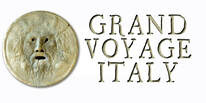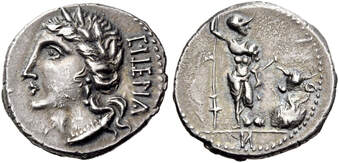 The name Italy (in Italian, Italia) evolved from variants of different names used in the ancient world as early as 600 BC in what we know today as the Italian peninsula. Historians are still researching its origins, but "Italia" surely evolves from Oscan word Víteliú (spoken by the Samnites), meaning "land of young cattle". A modern variant is vitello, the Italian word for calf or veal. In Roman times, vitulus was the word for calf. The ancient Umbrian word for calf was vitlu. Coins bearing the name Víteliú (𐌅𐌝𐌕𐌄𐌋𐌉𐌞) were minted by an alliance of several Italic tribes: the Sabines, Samnites, Umbrians and others who competing with Rome in the 1st century BC. Another theory is that the name stems from the Greek Italos, a legendary king of the Oenotrians, people of Greek origin who inhabited a territory from Paestum in the Campania to southern Calabria, among the earliest inhabitants of Italy. Italus was supposedly the son of Penelope and Telegonus, a son of Odysseus. It was both Aristotle and Thucydides who first told of Italus being who Italy was named after. The Greeks gradually came to apply the name Italia to a larger region covering most of Southern Italy, but it was during the 1st century BC that Augustus expanded the name to cover the entire peninsula including the Alps. The Greeks referred to these people as Italoi. Under Emperor Diocletian the Roman region called Italia was further expanded to include the islands of Sicily (including the Maltese archipelago), Sardinia and Corsica. Another reason for the name might come from the Greek word Aethalia, meaning "land of fog and smoke", referring to its many volcanoes. Mount Etna gets its name from the same etymological root. The Holy Roman Empire adopted the name Italia to describe its own territories in the central peninsula, and afterwards, the name was used to describe virtually the entire peninsula. In Middle English, the lands were called Italie. Later, in the 14th century, Dante described "Italia" as a land including lands from the Alps to the tip of the Italian boot, and including the islands of Sicily. The last theory intrigues me the most...
Eurystheus ordered Hercules to travel to the End of the World and bring him the cattle of the monster Geryon. Hercules succeeded in stealing the cattle but had enormous difficulty bringing the herd back to Greece. In Liguria, two sons of Poseidon, the god of the sea, tried to steal the cattle, so he killed them. At Rhegium, a bull got loose and jumped into the sea, swimming all the way to Sicily and then made its way to the neighboring country. The native word for bull was "italus," and thereafter this country came to be named after the bull. Perhaps this, stubborn, strong-minded bull is a perfect image for the naming of this amazingly resilient and tough country. Italia, Aethalia, Italie, Víteliú... and of course, the current day Italy is a never-ending source of history and amazing stories. --Jerry Finzi |
On Amazon:
|

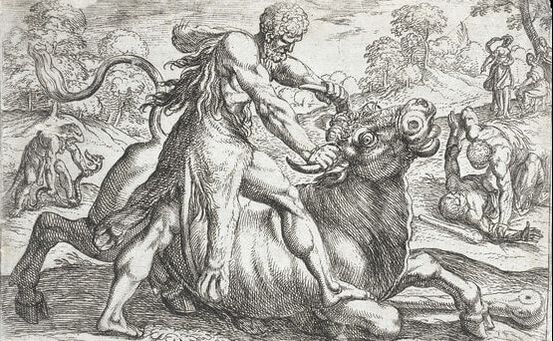
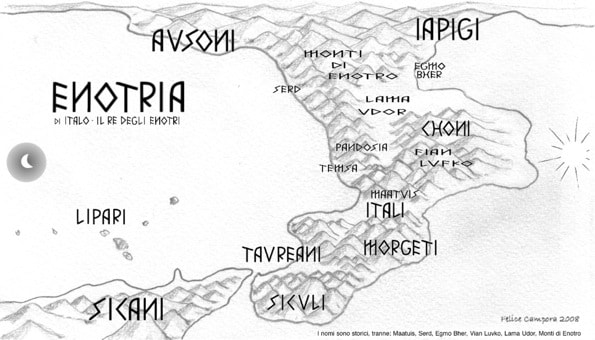
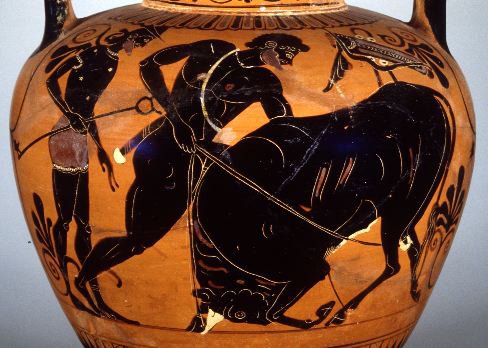

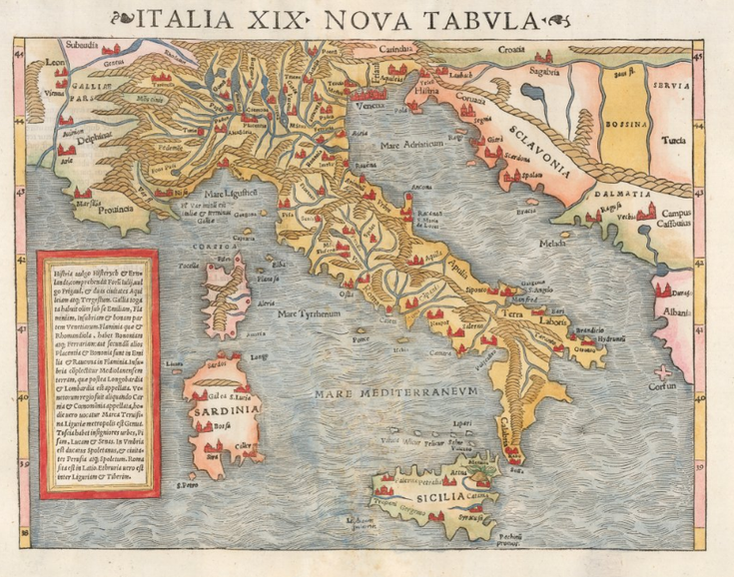


 RSS Feed
RSS Feed
